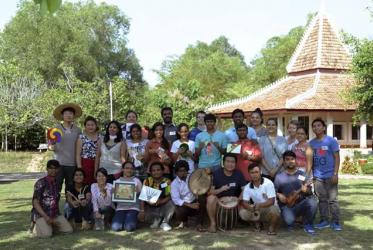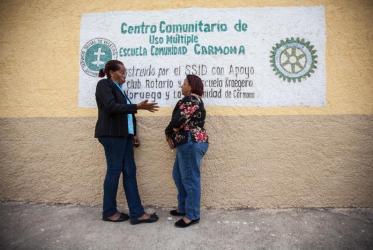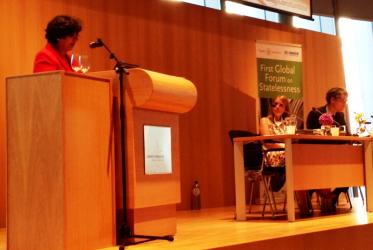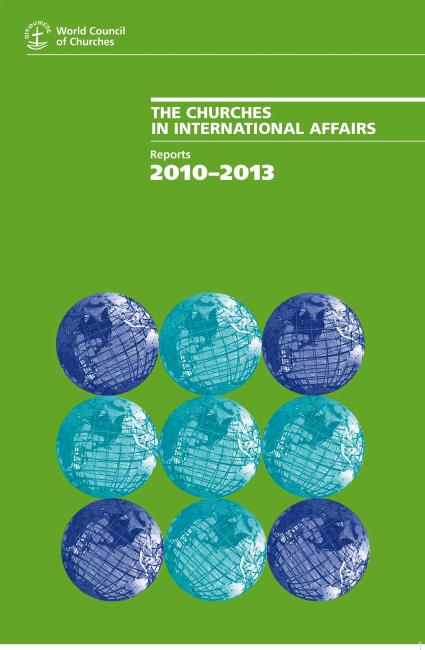Displaying 101 - 120 of 144
A humble man firmly rooted in faith
20 August 2015
Church leaders address statelessness in Dominican Republic
03 February 2015
Church voices address statelessness at The Hague Global Forum
19 September 2014
Churches advocate for the rights of stateless people
15 September 2014
The Churches in International Affairs. Reports, 2010-2013.
02 August 2014
WCC Assembly addresses contemporary public issues
08 November 2013
Assembly renews churches’ commitment towards justice and peace
08 November 2013
Faith leaders promote protection of displaced people
25 July 2013







